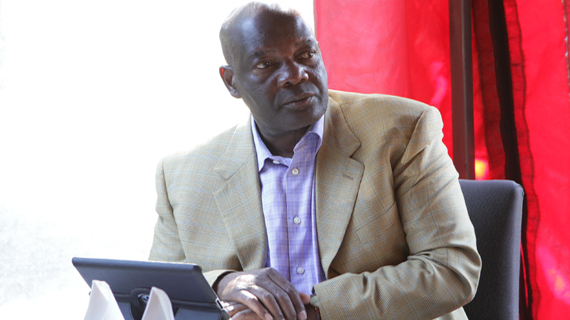
THE government does not have money to finance expanding the national cattle herd, but farmers must seek private partners to improve their lot, a junior minister has said.
Official data shows that Zimbabwe has a national cattle herd of 5,3 million down from nearly six million cattle in 1996, prompting farmers to call for the government to provide funds to support the revival of the sector.
“Money? Who does not know that the government does not have money?” Agriculture deputy minister responsible for livestock, Paddy Zhanda, said in an interview.
“The government is not in the business of farming, but it is the farmer who is into that business. They must look for partners in the private sector who will help them in their business.”

The minister added that the government was of the opinion the problem in cattle farming was not necessarily that of funding, but lack of knowledge on how to improve the sector.
“Right now our calving rate is around 45% instead of 85%,” he said.
“There is need for our farmers to gain better knowledge in rearing the cattle. For example, it must take five animals of the right size to produce one tonne of meat, but because of the quality of some of our cattle, we end up needing 15 animals.”
Zhanda said the government was still looking at the turnaround strategy for Cold Storage Company.
- Chamisa under fire over US$120K donation
- Mavhunga puts DeMbare into Chibuku quarterfinals
- Pension funds bet on Cabora Bassa oilfields
- Councils defy govt fire tender directive
Keep Reading
“It’s not only about bringing in investors,” he said. “It is also about doing a due diligence on the strategy. People with money are not fools; they will not pour money on something which is not viable.”
CSC is saddled by a $22 million debt and has seen production going down to around 10% of capacity.
The company was at one time the largest meat processor in Africa, handling up to 150 000 tonnes of beef and associated byproducts a year and exporting to the European Union, but mismanagement and persistent outbreaks of foot and mouth diseases halted exports in 2001, affecting its viability.
— The Source










